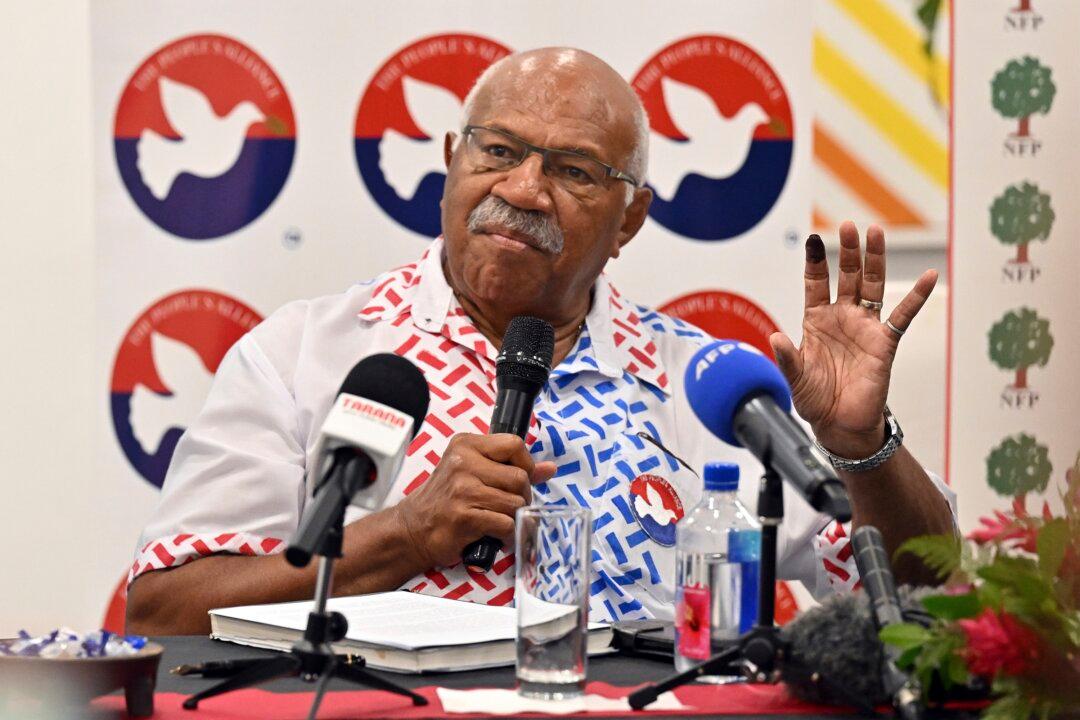Commentary
Fijian Prime Minister Sitiveni (“Siti”) Rabuka, 74, returned to office on Dec. 24, 2022, restoring experienced strategic leadership to the Southwest Pacific. But he faces challenges from friends and enemies alike.

Fijian Prime Minister Sitiveni (“Siti”) Rabuka, 74, returned to office on Dec. 24, 2022, restoring experienced strategic leadership to the Southwest Pacific. But he faces challenges from friends and enemies alike.